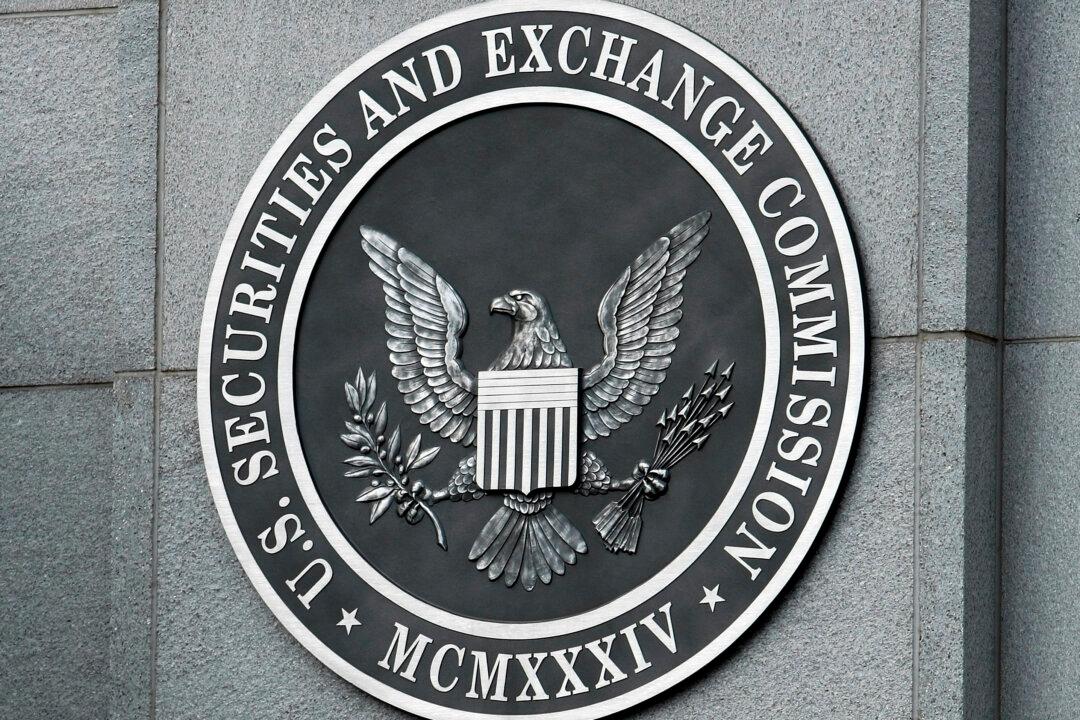The Securities and Exchange Commission (SEC) has charged six credit rating agencies with “significant recordkeeping failures” and imposed almost $50 million in fines.
The Securities Exchange Act requires credit rating agencies to retain all internal and external communications received and sent by the agencies, and by their employees, that are related to rating activities. The SEC found that the firms violated these recordkeeping provisions, according to a Sept. 3 statement.





